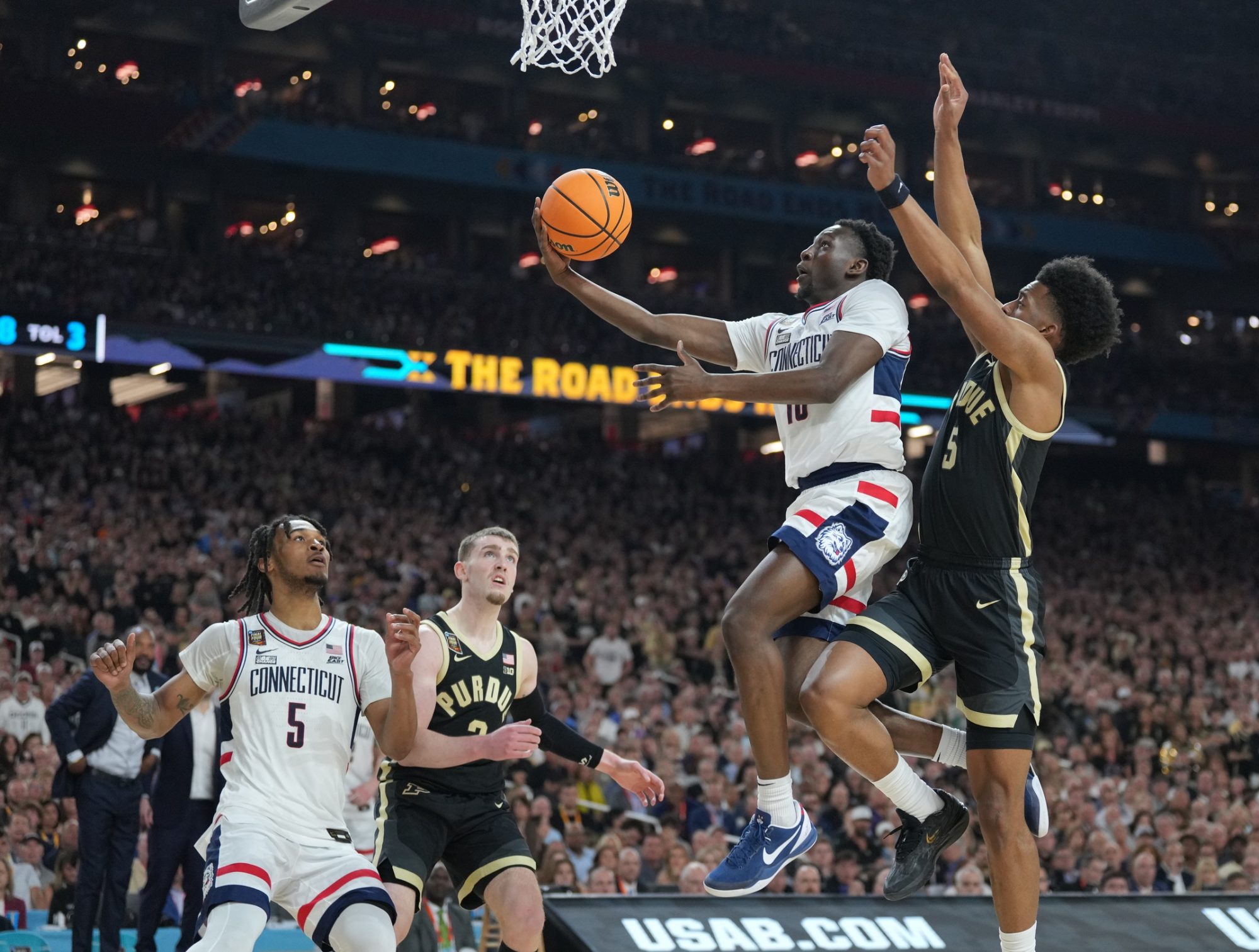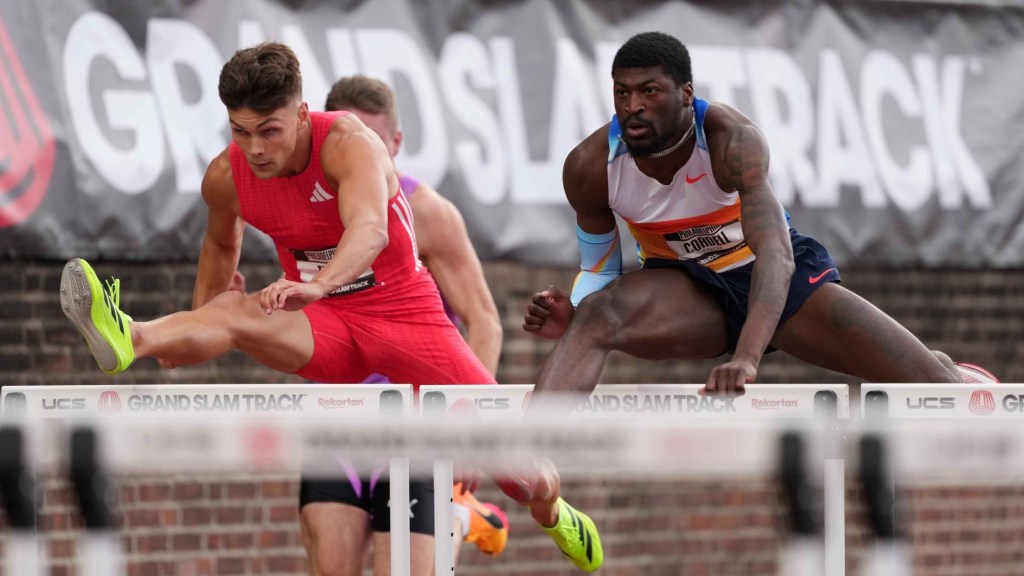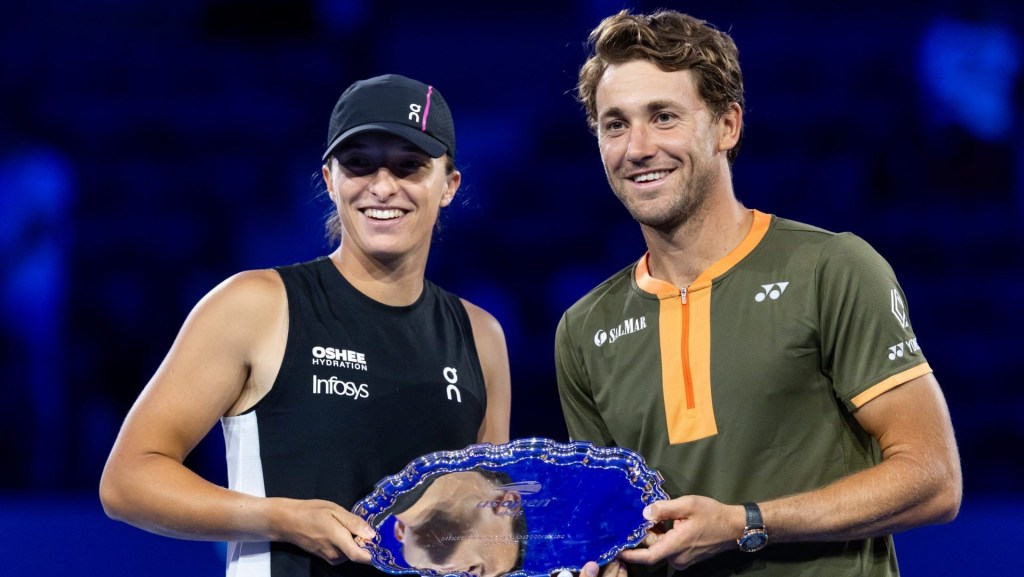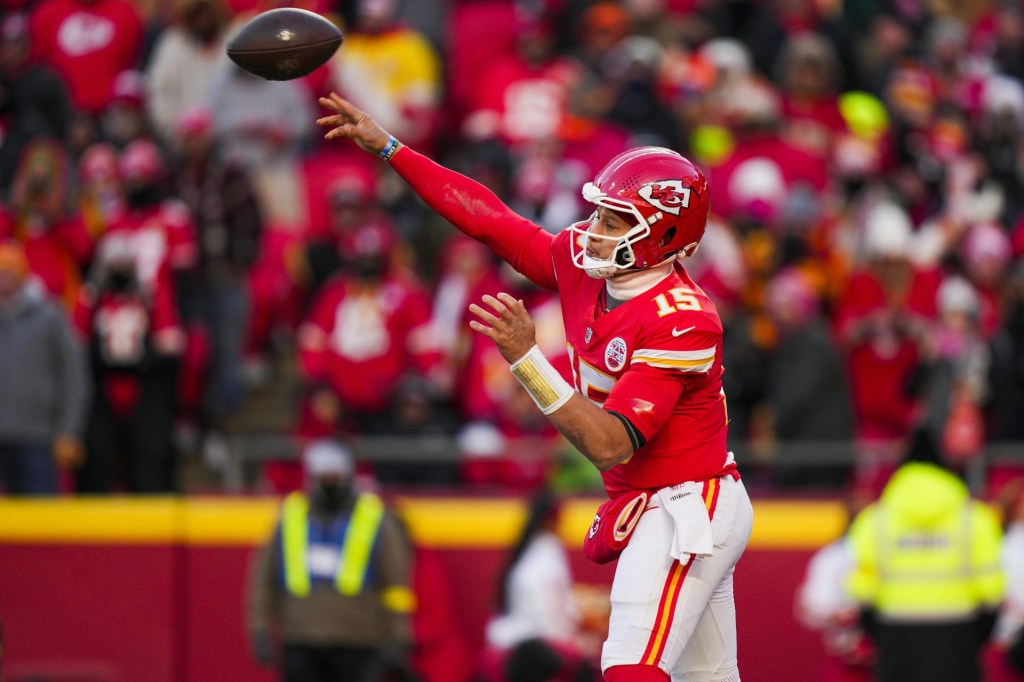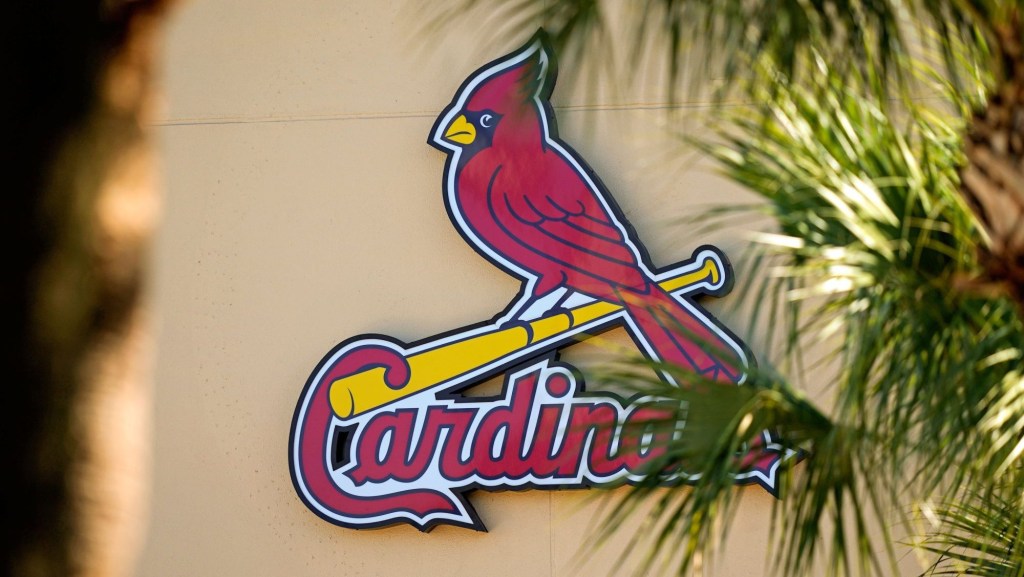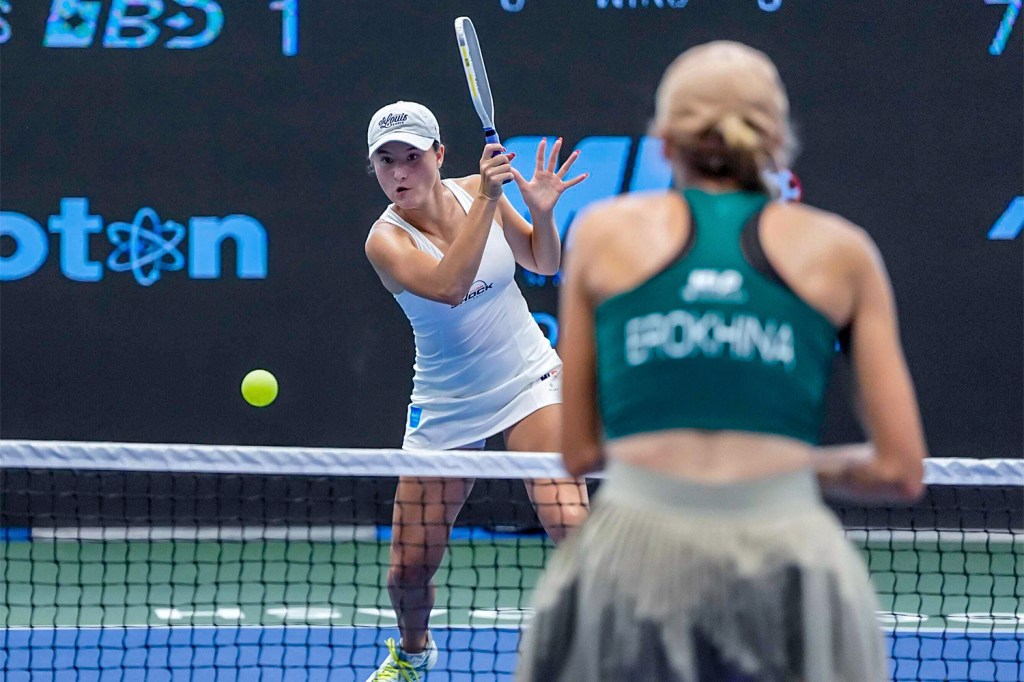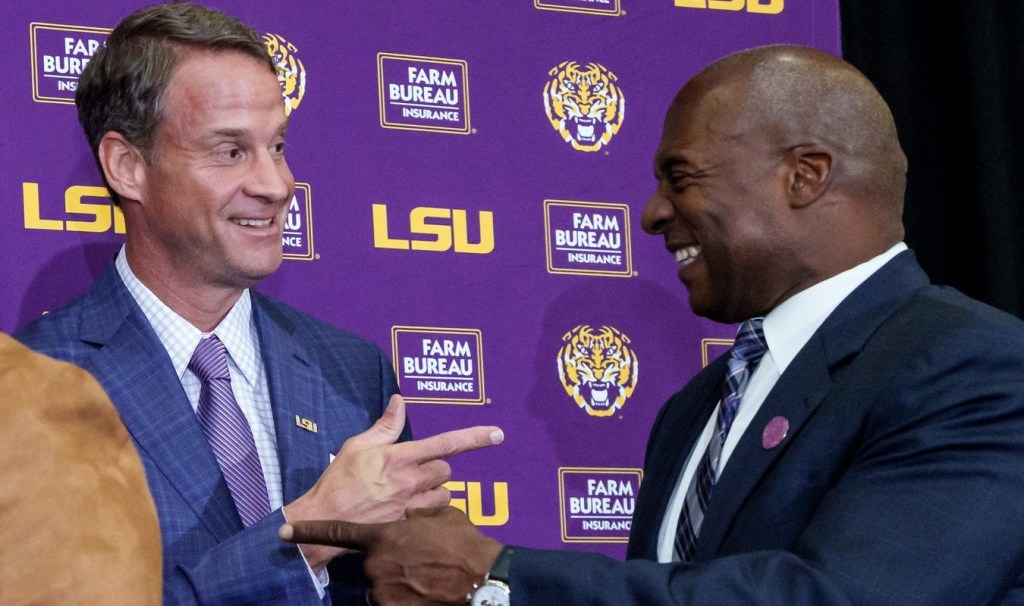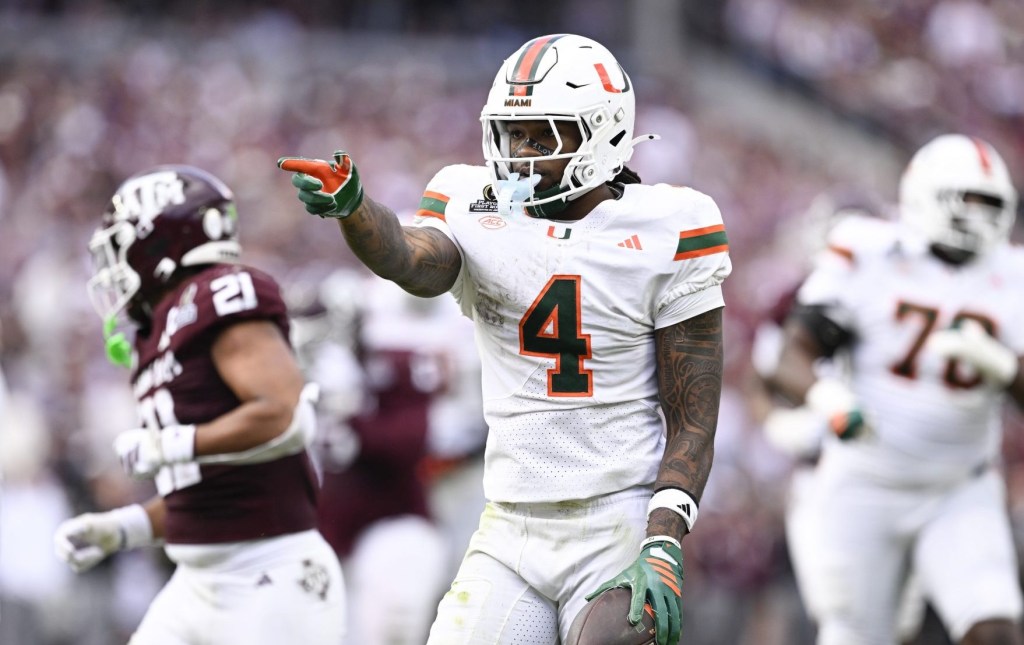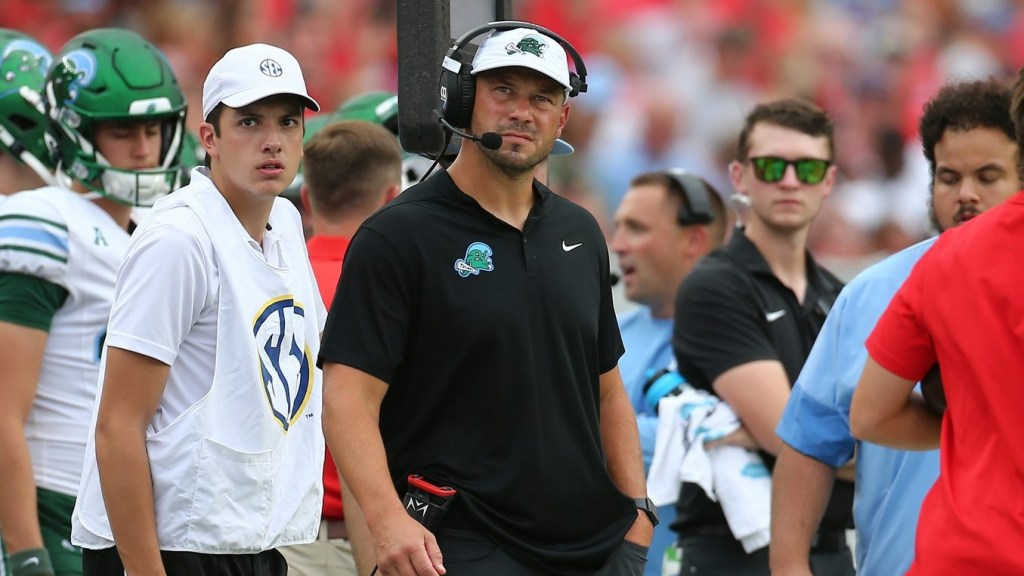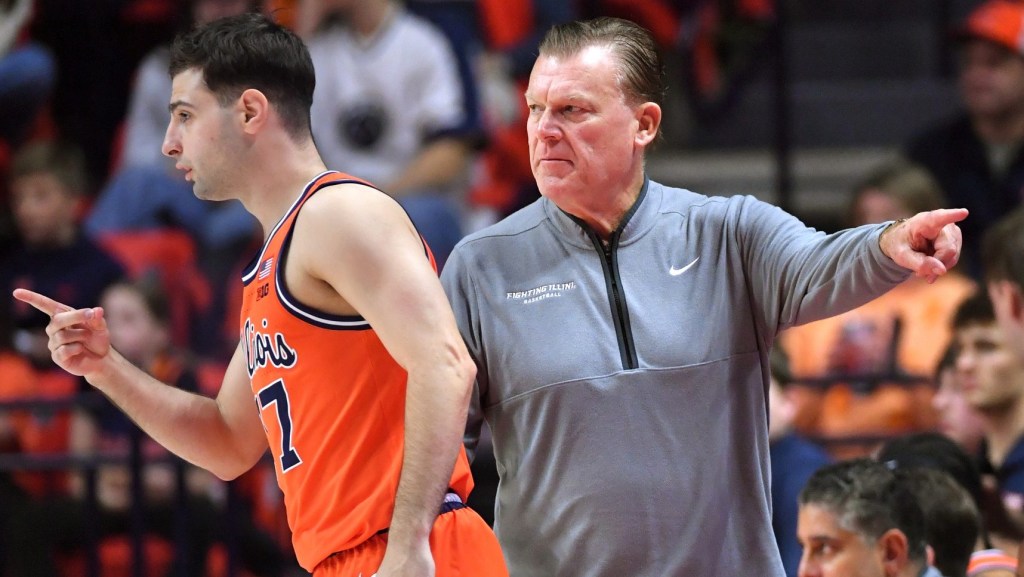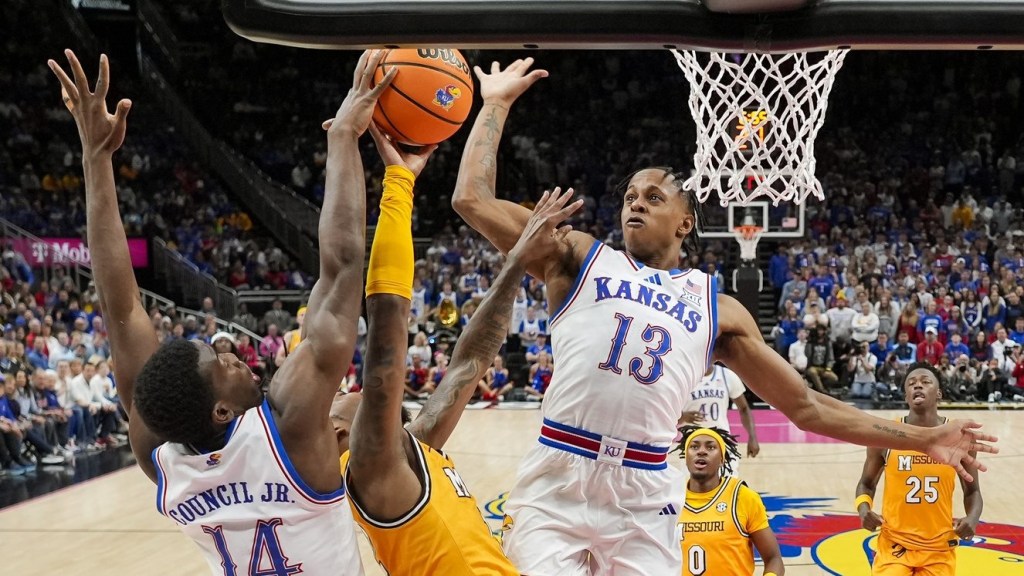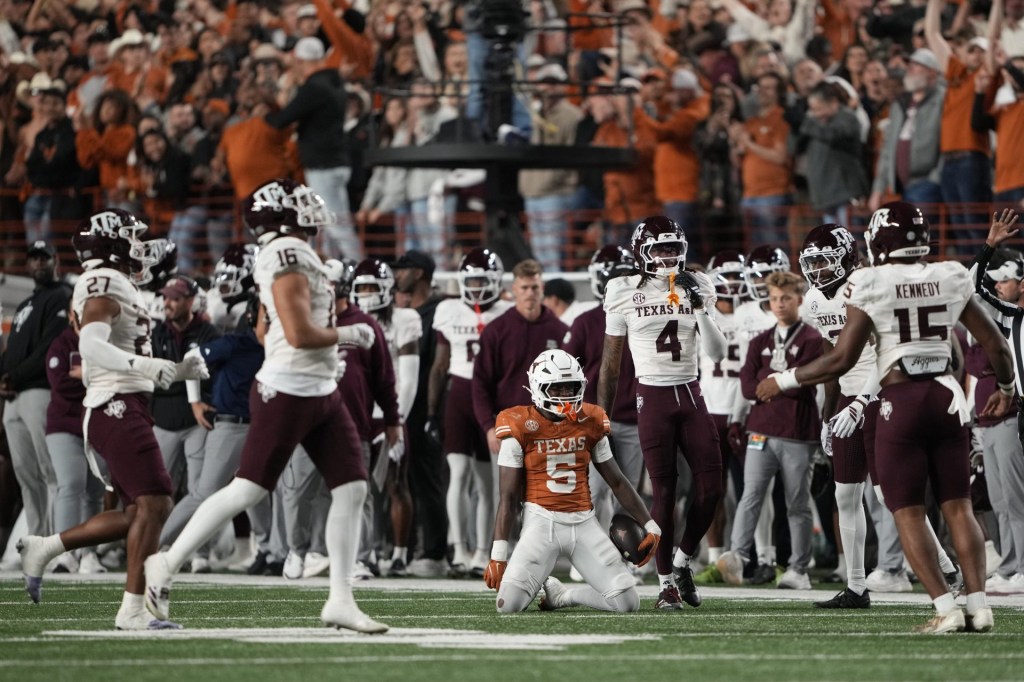On Monday night in Phoenix, UConn’s men’s basketball team became just the seventh program to win back-to-back national championships. While Purdue and 7’ 4’’ big man Zach Edey put up a fight in the first half, the Huskies did what they’ve done all tournament: cruised to a double-digit lead in the last 20 minutes of the game, making it look easy to crush one of the best teams in the country.
In doing so, the Huskies have proven that, unlike in FBS football, a non-Power 5 school can dominate in basketball. Since the College Football Playoff was created in 2014, every single national champion has come from one of the NCAA’s richest conferences. (The only arguable exception: Central Florida, which claimed a title in 2017 after not being admitted to the playoff, despite going undefeated.)
In men’s basketball, there have been five non-Power 5 champions in the past decade alone. Four now belong to the Big East: Villanova has two, and UConn two. The Huskies also won in 2014, when they were part of the American Athletic Conference.
The NCAA President’s Pregame
Before the game tipped off, NCAA president Charlie Baker dropped by the media workroom to answer questions from reporters. His predecessor, Mark Emmert, used to hold a press conference during the Final Four every year, but Baker prefers to fly under the radar.
This time Baker spent a significant amount of time reiterating his desire to end prop betting in college sports, which not only leaves players vulnerable to illegal gambling activity but also puts them at a risk for more online harassment. At one point he referenced conversations about prop bets surrounding Caitlin Clark, asking, “Is that really what we should be talking about in the middle of the women’s Final Four?”
When Front Office Sports asked Baker whether he was surprised by the colossal women’s Final Four ratings and whether he thought the tournament could’ve been sold for more money, he praised ESPN’s coverage and its elevation of women’s basketball, and he reiterated talking points about the positives of a new $920 million NCAA championship media deal, which commences in September. But his non-answer may have been telling: He did not directly say whether he thought the governing body could’ve milked more money for the women’s tournament component of the deal.
